Lychee is a tropical fruit popular in Southeast Asia that is packed with healthy nutrients. Lychees are especially known for their high vitamin C content. The nutrients in lychees have antioxidant properties and may help protect against heart disease, support the immune system, and promote cardiovascular, digestive, and skin health.
Who should avoid eating lychee?
People with diabetes
According to the University of Medicine and Pharmacy Hospital 1 in Ho Chi Minh City, 100g of lychee contains up to 15.2g of sugar. Therefore, eating too much lychee will cause blood sugar to increase rapidly, which is dangerous for people with diabetes.
People with heat in the body
Lychee is hot, eating too much can make internal heat worse, easily causing acne and mouth ulcers.
Lychee contains many healthy nutrients but should not be eaten too much (Illustration: Nguyen Duong).
Overweight people
Lychee contains beneficial pectin and fiber, but the amount of sugar absorbed from lychee is also very large. If eaten too much, the sugar in lychee can cause fat accumulation and water retention in the body, making organs prone to edema, leading to unwanted weight gain.
Pregnant women
Pregnant women should be careful when eating lychee. Although lychee is rich in vitamins, it also has a high sugar content. Therefore, pregnant women should only eat it in small amounts to avoid the risk of gestational diabetes.
People with autoimmune diseases
People with autoimmune diseases should limit their intake of lychee because the vitamin C and antioxidants in lychee can trigger an excessive immune response, which can easily cause flare-ups of diseases such as lupus, rheumatoid arthritis or multiple sclerosis.
People with sensitive allergies
People with allergies or sensitivities should be cautious when eating lychees, as they may experience reactions such as itching, rashes, nausea, diarrhea or difficulty breathing due to reactions to the high sugar or natural allergens in the lychees.
People with chickenpox
People with chickenpox should limit eating lychee because this fruit is hot, easily increasing the risk of secondary infection, blisters and mouth ulcers, making skin damage worse. According to the recommendations of the American Academy of Dermatology, hot fruits and high sugar should be avoided when suffering from viral diseases.
Similarly, according to Verywell Health , there are 15.2g of sugar in a 100g serving of raw lychee. Therefore, consult your doctor about the safety of eating lychee if you have the following conditions:
- Diabetes.
- Polycystic ovary syndrome (PCOS).
- Heart disease.
- Food allergies.
Although lychee seeds are used in Chinese medicine to relieve pain from various ailments, the seeds are inedible and can be toxic to humans.
Seed toxicity may be due to methylene cyclopropyl-alanine (MCPA) and its analogue methylene cyclopropyl-glycine (MCPG). These toxins can cause hypoglycemic encephalopathy (brain swelling due to low blood sugar).
Hypoglycemic encephalopathy can come on suddenly and cause confusion, coma, and death, even after blood sugar levels have stabilized.
Other things to keep in mind when eating lychee
- Unripe fruit : Although lychees are considered safe for healthy people, it is probably not a good idea to eat a lot of unripe lychees because they contain the highest levels of compounds linked to health problems in malnourished children.
- Drug interactions : Some extracts from lychee fruit, especially from the inner layer of the fruit called the pericarp, may increase the risk of bleeding associated with medications such as aspirin, warfarin, heparin, ibuprofen, and naproxen and with supplements such as Ginkgo.
How to eat lychee properly
- Normal people should only eat 5-10 fruits/day.
- Only eat fully ripe lychee, do not eat green lychee or chew or bite lychee seeds when eating.
- You should eat lychee after meals to help the body absorb sugar from the lychee more slowly, avoiding sudden increases in blood sugar.
- Drink enough water, eat with green vegetables or cool fruits to balance.
- Eat the whole white membrane
To reduce the heat from the lychee flesh, you can try eating the white membrane that covers the outside. This part will taste a bit bitter but can help balance the sweetness and sugar intake.
Studies have found that consuming large amounts of unripe lychees on an empty stomach can cause hypoglycemia, which can lead to brain damage in children. This may be due to the presence of Hypoglycin A and methylene cyclopropyl acetic acid (MCPA).
Source: https://dantri.com.vn/suc-khoe/moi-ngay-ban-nen-an-may-qua-vai-20250623101120895.htm


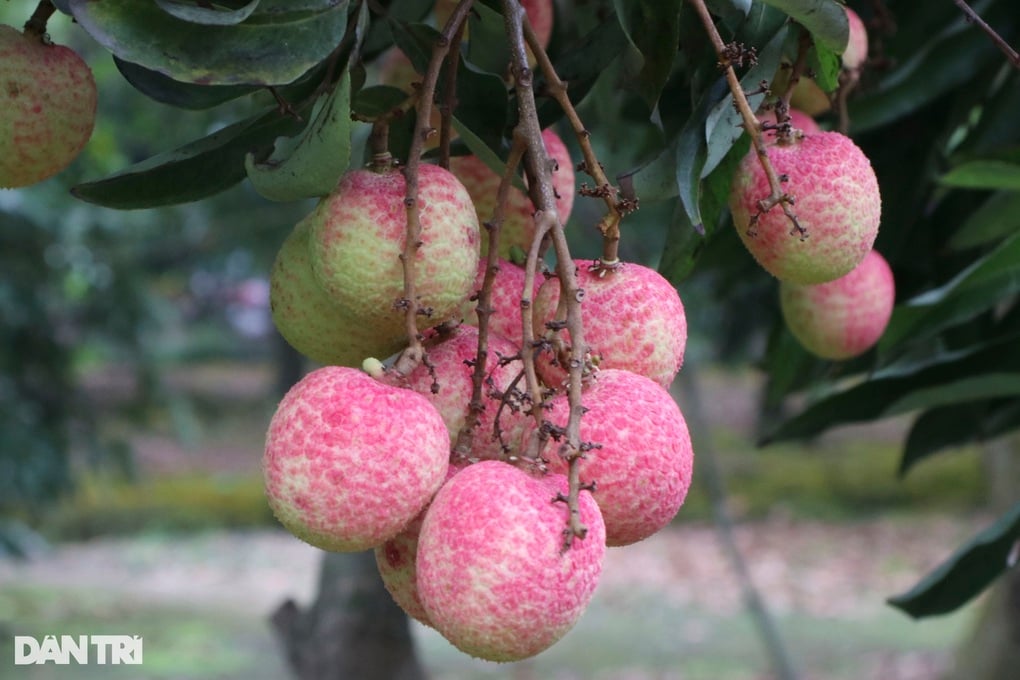

![[Photo] Prime Minister Pham Minh Chinh chairs the national online conference on combating smuggling, production and trade of counterfeit goods.](https://vphoto.vietnam.vn/thumb/1200x675/vietnam/resource/IMAGE/2025/6/23/4a682a11bb5c47d5ba84d8c5037df029)


![[Photo] Prime Minister Pham Minh Chinh holds meeting to launch exhibition of national achievements to celebrate 80th National Day](https://vphoto.vietnam.vn/thumb/1200x675/vietnam/resource/IMAGE/2025/6/23/0c0c37481bc64a9ab31b887dcff81e40)

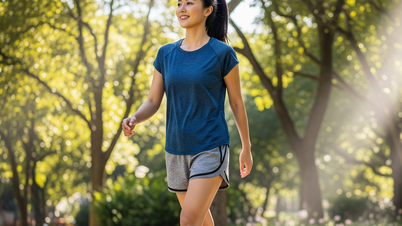


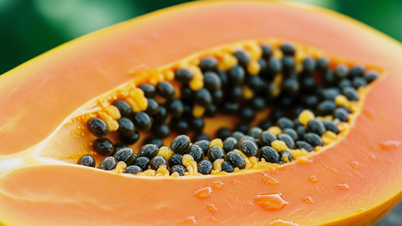


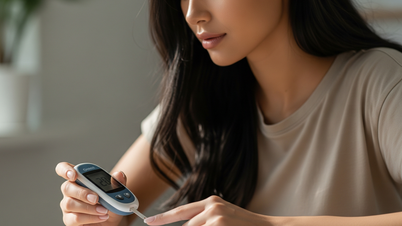








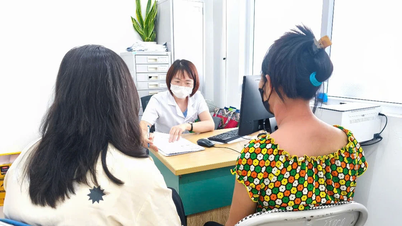











![[Photo] Party Congress of the Central Internal Affairs Commission for the 2025-2030 term](https://vphoto.vietnam.vn/thumb/1200x675/vietnam/resource/IMAGE/2025/6/23/5bf03821e6dd461d9ba2fd0c9a08037b)






































































Comment (0)